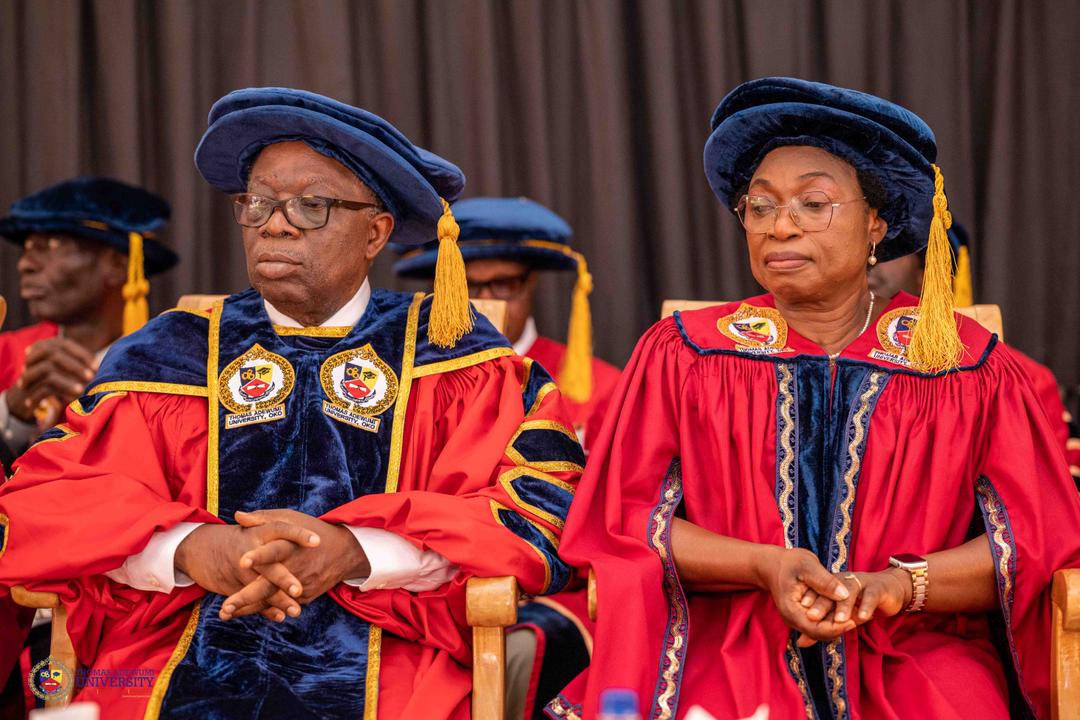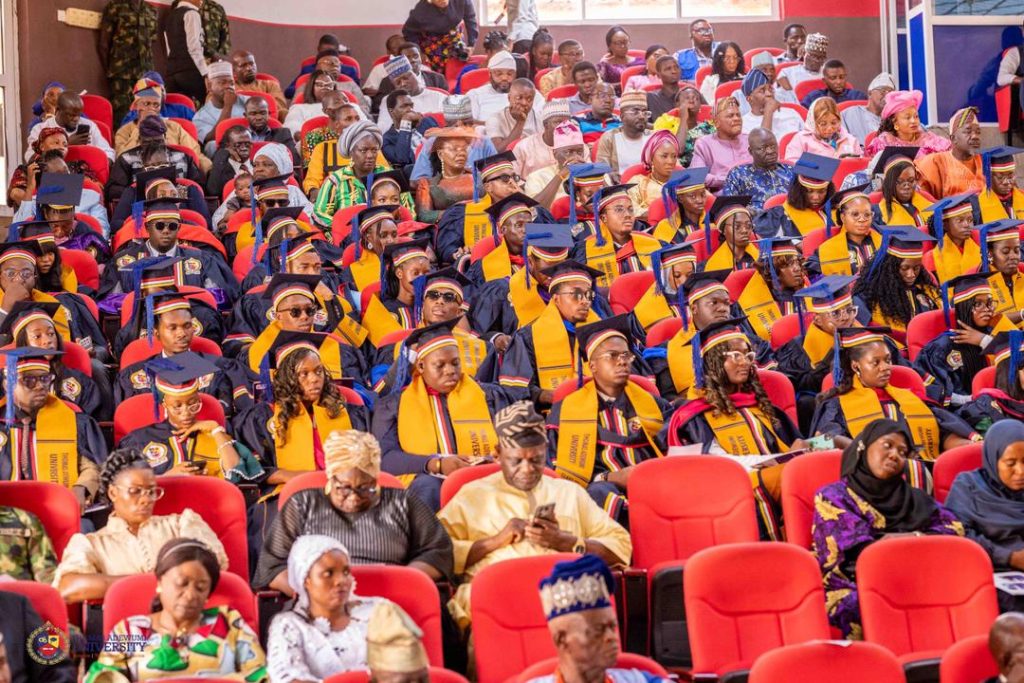Uncategorized
Why is China targeting asteroids?
By Wu Weiren
The solar system is home not only to the eight major planets but also to an immense number of
smaller celestial bodies – asteroids and comets – varying in size, shape, and orbital characteristics.
Among them, asteroids are defined as solar-orbiting objects smaller than planets and dwarf
planets, typically inactive in releasing gas or dust. These bodies, numbering in the billions, are
often referred to as “living fossils” of the solar system’s formation and evolution. Asteroids with a
perihelion distance of less than 1.3 astronomical units (AU) are categorized as near-Earth asteroids
(NEAs).
NEAs represent one of the most significant potential threats to Earth. The United Nations has
ranked asteroid impacts among the top 20 existential threats to humanity. The prevailing scientific
consensus holds that an asteroid approximately 10 kilometers in diameter was responsible for the
mass extinction event 66 million years ago, which eradicated roughly 75 percent of Earth’s
species, including the dinosaurs. More recent examples include the 1908 Tunguska event, which
flattened over 2,000 square kilometers of Siberian forest, and the 2013 Chelyabinsk incident, in
which a meteor explosion injured approximately 1,500 people and damaged some 3,000 buildings.
While the likelihood of such catastrophic events remains low, their potential consequences are
profound. As of March 2025, 38,171 near-Earth objects had been identified, comprising 38,048
near-Earth asteroids and 123 near-Earth comets. However, due to the technical challenges of
detection, only about 1 percent of near-Earth asteroids are currently catalogued. Early in 2025,
asteroid 2024 YR4 briefly showed a 3.1 percent probability of Earth impact, triggering global
concern.
How should we respond to these “uninvited guests”?
At the third International Deep Space Exploration Conference, held recently in Hefei of Anhui
province, Chinese scientists presented their vision for asteroid exploration, planetary defense, and
resource utilization, while extending an open invitation for international cooperation.
The China National Space Administration has in recent years launched a series of feasibility
studies and preliminary programs focused on NEA detection and defense, including a formal
proposal to build a national a near-Earth object defense system. Chinese scientists have outlined a
comprehensive two-pronged strategy: first, the development of an integrated early warning system
that leverages both ground-based and space-based monitoring assets; and second, the
establishment of mitigation capabilities centered on kinetic impactors, supplemented by additional
technologies and supported by a mission response library to ensure that each credible threat can be
addressed with a pre-planned, executable solution.
China aims to conduct its first asteroid deflection demonstration mission around 2027. This kinetic
impact test has three primary objectives: to alter the trajectory of the target asteroid; to observe the
impact in detail, including velocity and energy transfer; and to monitor post-impact changes to
assess the operation’s success.
The mission involves targeting a small asteroid approximately 10 million kilometers from Earth,
aiming to change its velocity by 3 to 5 centimeters per second, sufficient to alter its trajectory. The
selected target poses no risk of Earth impact for at least the next century.
From the standpoint of planetary defense and the long-term survival of humanity, developing
asteroid mitigation capabilities is a global imperative. As a responsible major player in space,
China is committed to contributing its expertise and resources to the establishment of an
international asteroid detection and defense system.
Beyond defense, asteroid exploration and resource utilization also hold immense promise.
Asteroids contain significant reserves of iron, nickel, platinum-group metals, and water ice. They
are broadly classified into metallic, carbonaceous, and silicate types. The exploitation of asteroid
resources – long pursued by leading spacefaring nations – holds transformative economic potential.
According to authoritative estimates, over 700 of the roughly 1,000 asteroids studied in detail are
each valued at more than $100 trillion. Over the next 30 years, the projected economic value of
main-belt asteroid resources may exceed $700 quintillion.
This field is not only a strategic pillar of deep-space exploration but also a foundational
component of the emerging extraterrestrial resource economy. With ongoing advances in nuclear
space propulsion, quantum technologies, and embodied intelligence, the development of asteroid
resource is expected to become increasingly intelligent, cost-effective, and commercially viable.
In the future, a large-scale industrial chain centered on asteroid exploitation is likely to emerge,
becoming an integral part of the deep-space economy.
(Wu Weiren is the chief designer of China’s lunar exploration program, and the director and chief
scientist of the Deep Space Exploration Laboratory.)
Uncategorized
TAU reaffirms commitment to globally competitive learning

- As 16 graduands make First Class
Stephen Olufemi Oni, Ilorin
The Thomas Adewumi University (TAU), Oko-Irese, in the Irepodun local government area of Kwara State, has reaffirmed its commitment to strengthening quality education, innovation, and globally competitive learning.

Speaking at the institution’s 2nd Convocation ceremony in Oko-Irese, the Vice Chancellor of the University, Professor Francisca Onaolapo Oladipo, said TAU is living up to its ranking as the fastest growing institution in Science, Technology, Engineering, Medicine, and Innovation (STEM-i) ecosystem by surpassing more than 100 percent in its number of graduating students at the second convocation.
She said: “TAU emerged on April 8, 2021, as Nigeria’s fastest-growing Science, Technology, Engineering, Medicine and Innovations (STEM-i) ecosystem. Today, we rank 1st among the 20 private universities that were licensed in
2021, 4th among the 14 Universities in Kwara State, 5th among Nigeria’s over 170 private Universities and 50th nationally, an impressive rise reflecting our unwavering commitment to excellence.
”What a Moment of Extraordinary Significance today, we stand at a crossroads far more significant than words can adequately capture. Exactly one year ago, we gathered at this very Auditorium to celebrate our inaugural Convocation, a ceremony that marked the graduation of 26 pioneering students who dared to believe in a vision when others saw only impossibility. Those 26 trailblazers proved that Thomas Adewumi University was not just a dream, but a reality rooted in excellence. Today, as we honour 63 outstanding graduates, we witness something far more profound than numerical growth.
“This 142% increase in our graduating class is not merely a statistic to be recorded in annual reports, it is a declaration that Thomas Adewumi University has transcended the realm of promise and entered the domain of proof.
“We have moved from potential to performance, from aspiration to achievement, from vision to velocity.
This year, 63 graduands from 4 Faculties and 11 academic programmes are being conferred. It is noteworthy that we have 16 First Class graduates, 40 in Second Class Upper Division, and 7 in Second Class Lower Division. These results reflect the quality of training and mentorship provided at Thomas Adewumi University, and we are proud to contribute these innovators to both the Nigerian and global workforce, confident that they will make a meaningful
impact.
”Preparing Globally Competitive Graduates, these 63 graduands are not merely degree holders, they are comprehensively prepared global professionals equipped with exceptional advantages that set them apart from their peers nationwide. Through our international partnerships, these graduates have obtained additional microcredentials from MIT, Harvard, Stanford, Columbia, Berkeley, and Yale, world-class certifications from Alison, UK, RUDN professional University, Russia, World Bank’s Saylor Academy, Google, ICAN, and the Global Partnership for Sustainable Development initiatives in Data Science and Artificial Intelligence.
“Our Coursera collaboration provided them with additional industry certifications, while partnerships with Microsoft, IBM SkillsBuild, and MIT OpenCourseWare through our Global Campus initiative democratize access to cutting-edge knowledge. They are thus fully equipped to embark on meaningful and innovative careers in today’s technology-driven world.”
Earlier in his Convocation Lecture, titled “Crowdfunding Opportunities forstartups: Equiping Nigerian graduates for a sustainable future”, Dr. Bayo Williams Olugbemi charged the graduads on the mindset of job creation, saying “as a graduate, your future is not defined by what Nigeria gives you, but by what you create. The idea of crowdfunding is the idea of hope. It is proof that when people come together, ideas once impossible become achievable.
“I urge you not to think only about searching for jobs. Instead, think about creating value, and if capital is a barrier, remember: “The crowd can be your first investor.”
In his goodwill message, the Executive Secretary of the National University Commission, Professor Abdullahi Ribadu, represented by Esther I. Eyo, Esq commended the resilience of TAU management said “NUC acknowledges TAU sustained progress in advancing quality teaching, impactful research, innovation, and community engagement, all of which align with our national aspiration for a globally competitive and knowledge-driven university system.
“It would interest you to know that, in the accreditation exercise conducted in 2023, Thomas Adewumi University achieved a 100% Full Accreditation status across all programmes assessed a laudable feat that reflects the University’s strong commitment to maintaining high academic standards.”
Also speaking, the Founder/Chancellor of the institution, Dr. (Engr) Johnson Adewumi, urged the graduands to be good ambassadors of the University, adding: “Remember that your degree is not an end but a beginning, go forth with courage, humility, and a sense of responsibility. Strive to illuminate whatever space you occupy with the light of integrity, excellence and service.”
Highlight of the event was the conferment of an honorary doctorate degree on two distinguished personalities; Engr Oluseyi Afolabi and Pastor Oladokun Olatunde.
End
Uncategorized
photo

L-r Speaker, House of Representatives, Tajudeen Abbas; President of the Senate, Godswill Akpabio and Nigeria’s First Lady, Senator Oluremi Tinubu, during the dinner for members of the National Assembly by the First Lady yesterday. Photo: Senate President’s Office.
Uncategorized
JUST IN: Even Tinubu moves with too many police escorts – Senator Ndume

By Hassan Taiye
Senator Ali Ndume has criticised what he described as the excessive use of security convoys by top government officials, including President Bola Tinubu, warning that the practice leaves ordinary citizens exposed and vulnerable.
Speaking on Politics Today on Channels Television on Thursday, Ndume said many public office holders move with security details that are unnecessarily large, even when their positions do not warrant such heavy protection.
He recalled visiting the residence of a colleague and finding “more than 10 policemen” attached to him, despite the lawmaker being junior to him in the National Assembly.
Ndume further argued that the presidential convoy itself is excessively large, stressing that security efforts should be focused on protecting the overall environment rather than individual personalities.
He said: “I went to one of my colleagues’ house for dinner. And I saw more than 10 policemen. He is even my junior in the National Assembly. Some of them, if you see them coming, you will pull back thinking that maybe it’s the President or the Vice President that is coming.
“
You can see even the president, the convoy that the president goes about with is too much. Secure the place and when the president goes, you withdraw. Secure Abuja and the president can even drive out, you know, himself.
But when you secure personalities, and this is what is happening in Nigeria, then others, common people, as we call them, become vulnerable, and we don’t care. So if you secure Abuja, then you can drive at night. And let me tell you, this is what is happening in most countries”.
The lawmaker’s comments come just days after President Tinubu ordered the withdrawal of police officers from VIP escort and guard duties.
In a statement, the Special Adviser to the President on Information and Strategy, Bayo Onanuga, said the directive was aimed at redeploying police manpower to core law enforcement responsibilities.
-

 Uncategorized5 years ago
Uncategorized5 years agoFG, states urged to harness flooding for ranching, others with technology – Agbaje
-

 Headlines10 years ago
Headlines10 years agoBreaking: EFCC seals Borno House of Assembly, as Hon members take to their heels
-

 News11 years ago
News11 years agoNigeria Security Operatives Stage Manhunt For Homosexual Perpetrator
-

 News9 years ago
News9 years agoHow 21-year-old Girl fled community over accusation of lesbianism
-

 News10 years ago
News10 years agoYobe Gov Moves Against Deputy
-

 Opinion7 years ago
Opinion7 years ago7 signs she has friend zoned you
-
Technology4 years ago
Online job placement company headhunts women
-

 Headlines10 years ago
Headlines10 years agoBorno Dep Gov Abducts Another Church Leader





